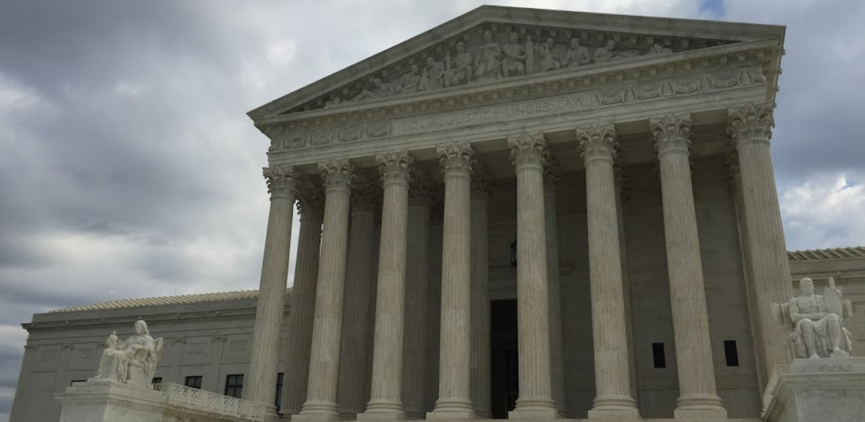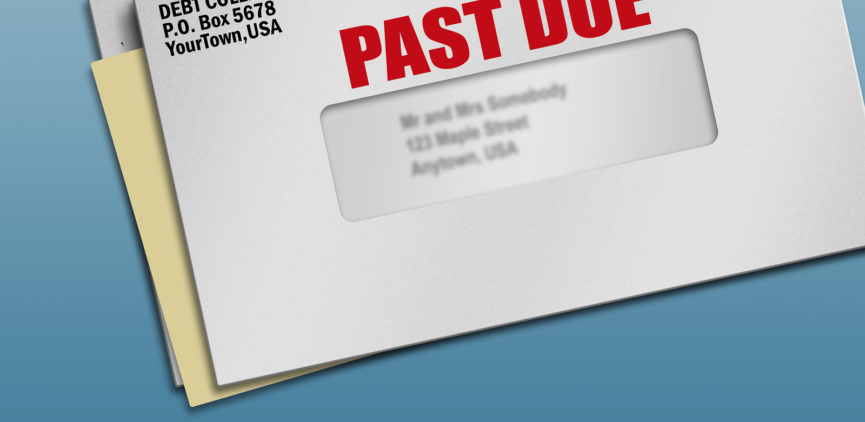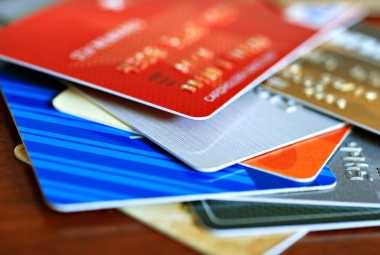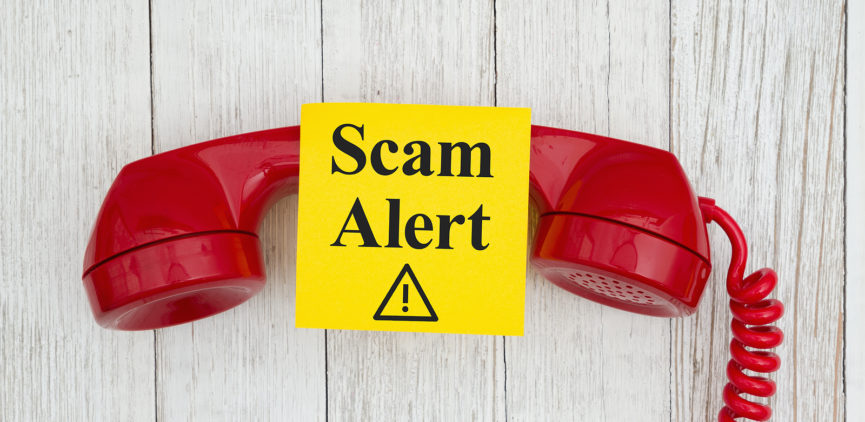Consumers already have a lot on their minds right now, given the ongoing economic roller coaster ride, which shows no end in sight. Add one more item of concern to that list: pervasive and malicious scams. Of course, scamming activity is always a threat, but consumers should be on even higher alert now. Scammers like to take advantage of chaotic situations, and the COVID-19 pandemic is no exception. Here is a closer look at some common scams and tips for avoiding them and protecting your personal information.
Personal Protective Equipment (PPE) and Coronavirus Treatments
These two schemes prey directly on people’s concerns about the Coronavirus and their efforts to keep themselves and others safe. The first involves fake offers for PPE or for equipment used to manufacture PPE. In one variation of the scam, a fake seller will offer PPE, will only want to discuss the sale via telephone or email, and will demand payment immediately. The buyer is left with no way to verify the seller’s credentials. Chances are, if the seller will not prove their existence and legitimacy as a distributor of PPE, it’s a scam.
Another variation may involve a work-from-home scheme, advertised as a way to earn money by making PPE for other people. Sounds like a great thing, right? But here’s the problem: the “employer” will require payment for some type of manufacturing equipment. Again, the seller/employer will be impossible to verify. Don’t fall for it.
Another scam involves the promise of Coronavirus treatments. This scam boils down to false advertising. You might actually get something in return for your money, but it will be merely an unverified “treatment” with no scientific basis as a cure or preventative treatment. The FTC has cracked down against companies advertising these treatments, and reports that most have stopped. So, this scam may pose less of a threat in the future.
Tips: Do not pay for PPE (or anything else for that matter!) without verifying the legitimacy of the seller in multiple channels. Remember that there is no proven, publicly available Coronavirus treatment.
Contact Tracing and Mobile Banking Apps
As you may have heard, contact tracing is an important tool used by health officials to limit the spread of Coronavirus. It allows officials to find and notify the people who have been in contact with someone known to have the virus. Scammers are taking advantage by sending text messages telling people they have been exposed to the virus. The texts include malicious links, which when clicked can place dangerous software on your phone and potentially grant access to sensitive information. This scam may also include phone calls, in which a fake “health official” asks for information like your social security number.
Through this scam or others like it, spammers can put trojans or other malicious software on your phone. These sophisticated tricks can replicate applications on your phone to look like the real application, but are actually additional “layers” that steal your information (account names, numbers, passwords, etc.). As people are staying in their homes more, mobile banking is becoming more popular and is a particularly concerning target for these spammers. See this guidance from the FBI about how mobile banking scams work and steps you can take to improve your security.
Tips: Never give out your Social Security Number or other private personal information over the phone, particularly to someone who made an unsolicited call to you. Follow the general tips to be on guard against government impostor scams. Do not click links from text messages unless you are certain that the source can be trusted. Consider options to filter unwanted text messages on your phone. Use multi-factor authentication on your important accounts, to provide an extra layer of security between hackers and your accounts. If you have important information on your phone, consider backing up the device regularly.
Unemployment Benefits
Unemployment claims have increased significantly since the pandemic began, and the CARES Act expanded unemployment benefits. Now, scammers have devised a way to file for unemployment on your behalf and have the money routed to them. This specifically targets people who have not filed for unemployment. The FTC has called this a “large scale scam,” so you want to be on the lookout for suspicious activity. The tell-tale sign you have been affected is if you receive a letter about your unemployment benefits, but you never filed an application. If that happens, the FTC recommends that you notify your employer, report the fraud to your state unemployment office, report the fraud to the FTC, and review your credit reports. See their full recommendations here.
Tips: Keep a close eye on your mail during the pandemic. Do not throw mail from an unemployment office away thinking that it does not apply to you. If you receive a letter referencing an application for benefits that you did not submit, follow the FTC guidelines (linked above) immediately.
Utility Shutoffs
This is not a new or innovative scam, but it is a timely trick. With many people struggling to make ends meet, the threat of a utility shutoff may seem very real. However, you must be on the lookout for fraudsters who call, purporting to be your utility company. The scam can take many forms, including one where they do not claim you owe anything but actually claim that they need to process a refund! The absolute best rule is to hang up and call your utility company directly, using a trusted number from your bill or website. Also, check out the AARP’s guide to avoiding these scams.
Tips: Do not give any payment or other personal information to someone in an unsolicited “utilities” call. Call the utility company directly to inquire about the status of your account.
Be Careful!
As you can see, there are many ways that scammers are trying to take advantage of people in the current chaotic environment. Stay alert and follow these tips to avoid becoming a victim. If you are ever uncertain about whether a request is legitimate, remember that it is better to be safe than sorry.
The post Scam Alert: Watch Out for these COVID-19 Scams appeared first on NFCC.
Read more: nfcc.org









